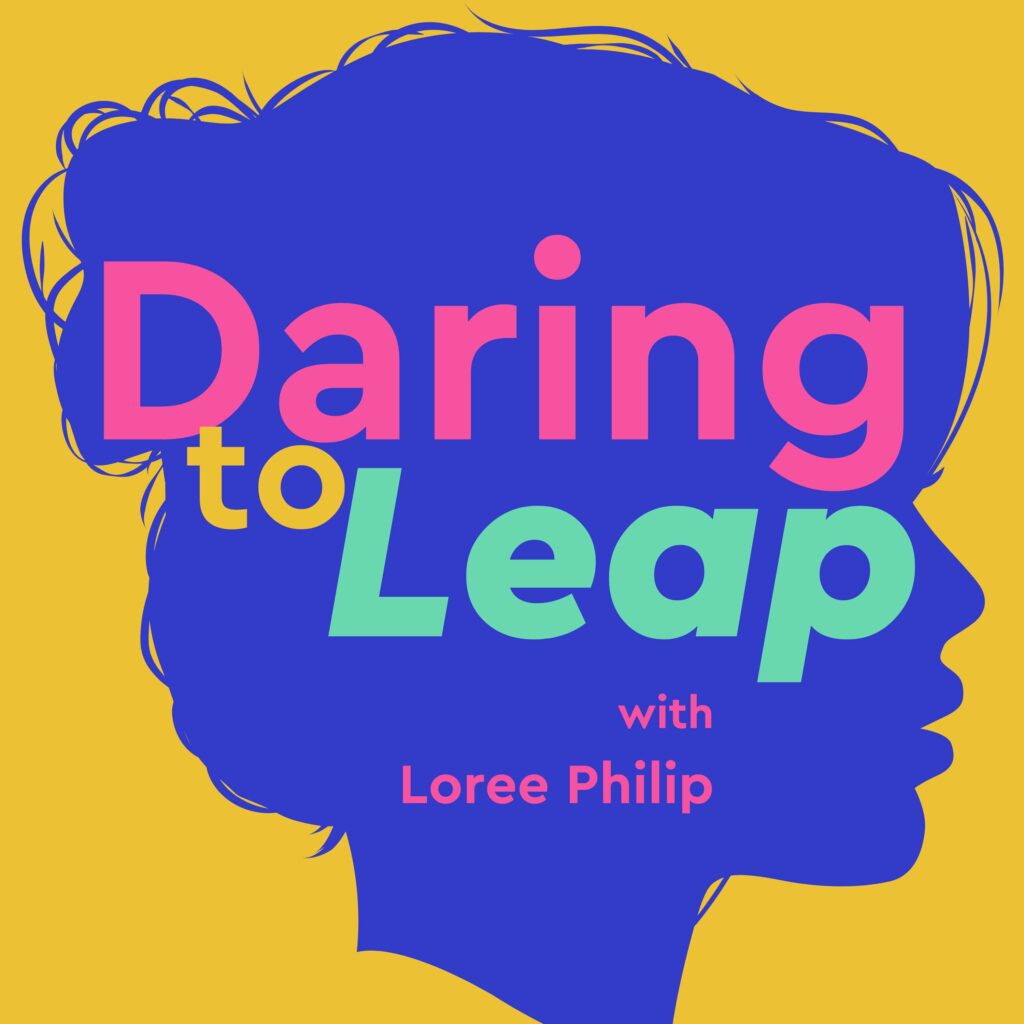Have you ever wondered how some people manage to thrive and grow continuously, no matter the circumstances? What if you could unlock the secrets to a powerful growth mindset that opens doors to limitless potential?
Join us as we dive deep into the art of cultivating a mindset that drives endless growth and personal empowerment.
In the latest episode of Daring to Leap, Bridget Hom, a top mindset coach and founder of Bridge to Freedom Coaching, joins our host, Loree Philip, to delve into the transformative power of a growth mindset.
This conversation provides invaluable insights and practical exercises to help you cultivate a growth mindset, align with your authentic self, and take empowered actions towards your personal and professional goals.
By listening to this episode, you’ll:
- Learn Bridget’s definition of a growth mindset and how focusing on continuous improvement in thinking, being, and doing can transform your life.
- Discover how emotional intelligence underpins a growth mindset, allowing you to entertain thoughts without accepting them and fostering personal growth.
- Gain actionable steps to enhance self-awareness through writing exercises and master self-regulation to maintain serenity and authenticity in challenging situations.
- Find out how to align your desires with what you believe you deserve, enabling you to communicate effectively and achieve your goals.
- Understand the importance of alignment in relationships, business growth, and personal satisfaction, and how to cultivate the energy you wish to receive from others.
By the end of this episode, you’ll be equipped with the knowledge and tools to foster a growth mindset, enhance emotional intelligence, and achieve alignment in your personal and professional life. So why wait? Hit play and start your journey towards limitless potential today!
Connect with Bridget:
www.bridgetofreedomcoaching.com
Connect with Loree:
Instagram – @loreephilip
LinkedIn – @loree-philip
